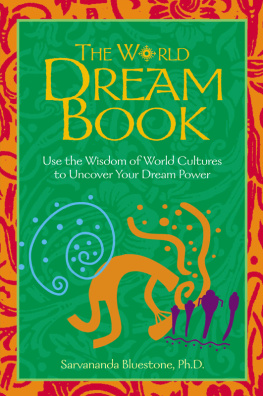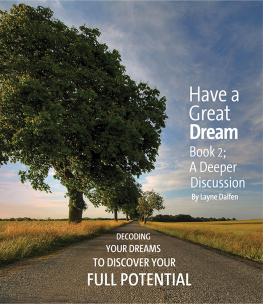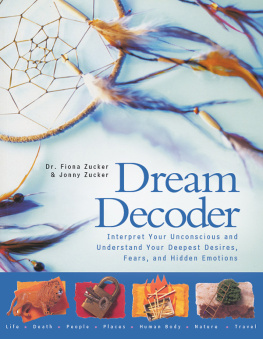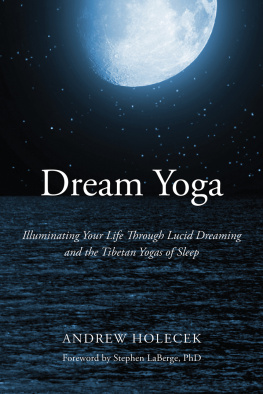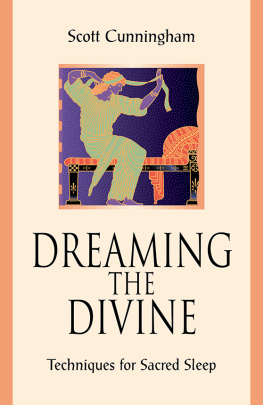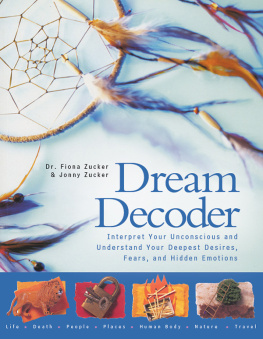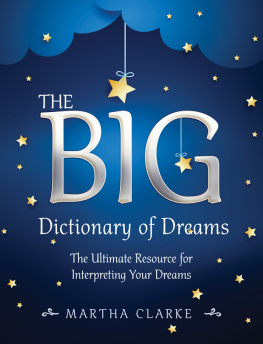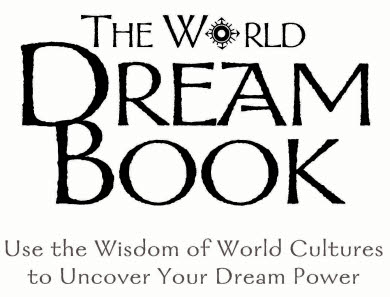Sarvananda Bluestone - The World Dream Book: Use the Wisdom of World Cultures to Uncover Your Dream Power
Here you can read online Sarvananda Bluestone - The World Dream Book: Use the Wisdom of World Cultures to Uncover Your Dream Power full text of the book (entire story) in english for free. Download pdf and epub, get meaning, cover and reviews about this ebook. year: 2002, publisher: Inner Traditions/Bear & Company, genre: Religion. Description of the work, (preface) as well as reviews are available. Best literature library LitArk.com created for fans of good reading and offers a wide selection of genres:
Romance novel
Science fiction
Adventure
Detective
Science
History
Home and family
Prose
Art
Politics
Computer
Non-fiction
Religion
Business
Children
Humor
Choose a favorite category and find really read worthwhile books. Enjoy immersion in the world of imagination, feel the emotions of the characters or learn something new for yourself, make an fascinating discovery.
- Book:The World Dream Book: Use the Wisdom of World Cultures to Uncover Your Dream Power
- Author:
- Publisher:Inner Traditions/Bear & Company
- Genre:
- Year:2002
- Rating:5 / 5
- Favourites:Add to favourites
- Your mark:
The World Dream Book: Use the Wisdom of World Cultures to Uncover Your Dream Power: summary, description and annotation
We offer to read an annotation, description, summary or preface (depends on what the author of the book "The World Dream Book: Use the Wisdom of World Cultures to Uncover Your Dream Power" wrote himself). If you haven't found the necessary information about the book — write in the comments, we will try to find it.
Challenges the assumption that all symbols universally signify the same thing to all dreamers.
Includes numerous stories, games, and exercises for inducing, recalling, interpreting, and utilizing dreams.
Extends beyond Jung and Freud to include dream theory from numerous world cultures, including the Temiar of Malaya, the African Ibans, the Lepchka of the Himalayas, and the Ute of North America.
Dreaming can be used as a tool for understanding our own consciousness, enhancing creativity, receiving visions, conquering fears, interpreting recent events, healing the body, and evolving the soul. Tapping into the vast dreaming experiences and lore of the worlds culturesfrom the Siwa people of the Libyan desert to the Naskapi Indians of LabradorSarvananda Bluestone challenges the assumption that all symbols universally signify the same thing to all dreamers. The World Dream Book encourages readers to develop their own, personalized symbols for understanding their consciousness and provides a series of stories, multicultural techniques, and games to help them do so.
Playful explorations, such as the aboriginal Sipping the Water of the Moon, teach how to induce, recall, interpret, and utilize the power of dreams. Readers will discover how a stone under a pillow can help us remember a dream and will explore their own dormant artist and writer as they reclaim the power of their sleeping consciousness. Sarvananda Bluestone applies his uniquely engaging style to demonstrate that, with a few simple tools, everybody has the capacity to unleash their full dreaming potential.
Sarvananda Bluestone: author's other books
Who wrote The World Dream Book: Use the Wisdom of World Cultures to Uncover Your Dream Power? Find out the surname, the name of the author of the book and a list of all author's works by series.

